May 24, 2025 | 16:21 GMT +7
May 24, 2025 | 16:21 GMT +7
Hotline: 0913.378.918
May 24, 2025 | 16:21 GMT +7
Hotline: 0913.378.918
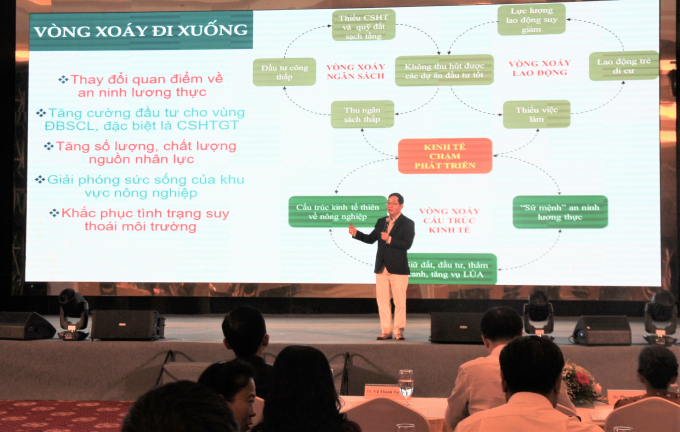
Dr. Vu Thanh Tu Anh, Director of the Fulbright School of Public Policy and Management, analyzed that agriculture was the bright spot of the Mekong Delta in 2020 - 2021. Photo: Kim Anh.
Despite the impact of the Covid-19 epidemic, in the period 2020 – 2021, agriculture in the Mekong Delta still grew by 3.4%, much higher than the national average in 2021, adding the region's agricultural and aquatic exports played a crucial role in maintaining Vietnam's trade surplus.
The agricultural competitiveness of the Mekong Delta did not only come from favorable natural conditions for agricultural production but also from technical improvements to increase productivity and the process of agricultural production and economic restructuring.
Unlike other regions, the average agricultural labor productivity growth rate in the Mekong Delta was very high, up to 9.03% per year, which is more than two times higher than that of the industrial (4.39%) and services sectors (3.82%), showing great potential for structural transformation and productivity growth.
Dr. Vu Thanh Tu Anh, FSPPM’s director, co-editor and head of the research team, said two years of the pandemic heavily impacted local economic growth. Still, the agriculture sector was the most significant bright spot of the Mekong Delta.
However, agriculture alone is not enough to revive the whole region's economy. The industrial and service sectors account for over 70% of the Mekong Delta's GRDP. From 2020 to 2021, industry and services have negative growth, estimated at -0.8% and -1.8%, respectively.
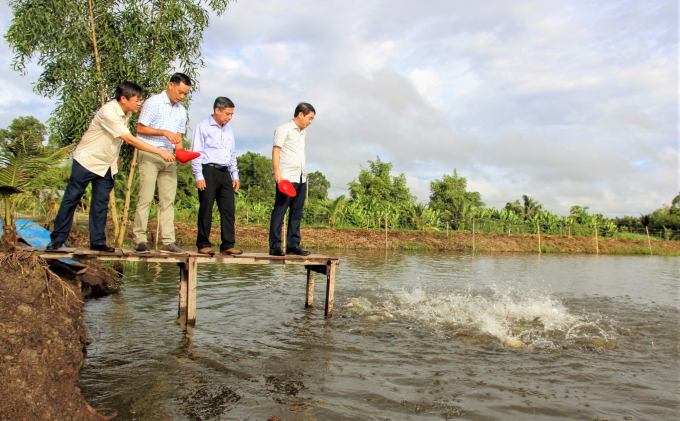
The Mekong Delta requires new development models. Photo: Kim Anh.
Mr. Anh said though agricultural development was an essential prerequisite for industrial and service development, in the long term, economic growth and prosperity did not come from agriculture but the structural transformation in industry and services. Therefore, clearly identifying and gradually removing bottlenecks hindering the industrial and service development of the Mekong Delta would be necessary for development.
“The impact of the Covid-19 pandemic on the Mekong Delta is much higher than the national average. This is the first time in the past 20 years that the Mekong Delta has had a lower economic growth rate than the national average, with GRDP in 2021 being negative 0.43%,” said Mr.Anh.
According to Mr.Anh, the economic structure of the Mekong Delta has not changed in the past three years. Current economic models are no longer relevant. This requires that Mekong Delta effectively use the existing space for restructuring and have the right development strategies and policies.
Recently, the Government approved the Mekong Delta integrated regional plan for the 2021-2030 period. The master plan is the basis for reshaping the production process and economic and social development of the Mekong Delta in the direction of sustainable development, green growth, multi-value integration, development from decentralized to centralized, enhance linking the Mekong Delta with Ho Chi Minh City, the Southeast, and critical economic regions in the North.
VCCI Chairman Pham Tan Cong said: "The Mekong Delta is known for its rich land and abundant labor resources. The main economic pillar comes from the agricultural industry. Still, it faces great challenges due to climate change, economic decline, labor shortages and raw material sources that do not meet export standards”.
Mr. Cong said that while the key processing industry relied heavily on raw materials, the region must find an answer for sustainable development if it continues to rely on natural conditions.
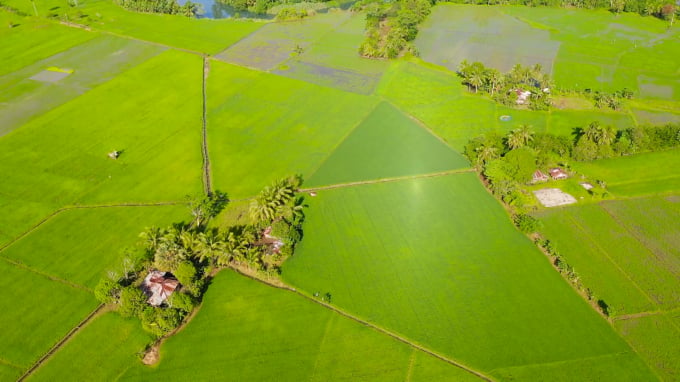
Agricultural transformation must be a priority and concern in the Mekong Delta. Photo: Kim Anh.
Many localities are now advised to enhance digital transformation. However, Mr. Cong recommends that Mekong Delta leaders focus on transforming agriculture and consider this a top priority. In addition to orienting the structure of agricultural products to the high-value segment and changing the way of processing, circulation and distribution to the market, Mekong Delta needs to develop synchronous transport and logistics infrastructure.
Mrs. Caitlin Wiesen, UNDP Resident Representative, said as climate change would transform agriculture in the Mekong Delta, adjustment to climate change would inevitably take place through markets as land and housing in some areas become more expensive and in other sites loses value due to flooding, saline intrusion and other factors.
She said as changing ecosystems result in migration on a large scale, it was essential to avoid controlling the movement of populations and instead facilitate migration to places that can offer good jobs, decent, resilient housing and crucial public services through the use of incentives, including the construction of affordable housing in industrial zones and areas with thriving agriculture sectors.
“41% of the labor force in the region were employees, but a complete tally of migrants would probably yield a higher figure”, Ms. Wiesen said. "Given that half of the region’s labor force works for wages, creating productive, sustainable jobs is the key to climate change adaptation that leaves no one behind”.
The UNDP also suggested increasing the supply of domestic long-term finance, especially ones with advanced technology and capital equipment. There are many valuable models for public banks in developing and advanced countries to stimulate private sector lending through partial guarantees, structured finance, and even equity stakes in new ventures.
“The Government will play an important role in stimulating innovation, creating incentives to encourage sustainable practices, regulating the use of pesticides and overuse of chemical fertilizers, building public infrastructure, and reducing logistics costs”, Mrs. Wiesen said.
Translated by Ha Phuc
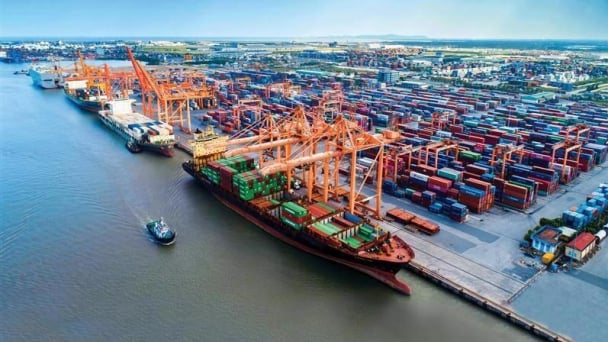
(VAN) South Korea is currently the second-largest investor in Hai Phong in terms of the number of projects (186 projects) and the largest in terms of total registered investment capital, reaching USD 14.2 billion.
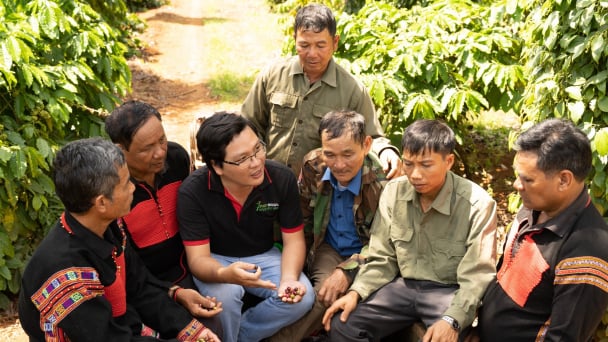
(VAN) As consumers become more environmentally conscious, legal regulations grow increasingly stringent...
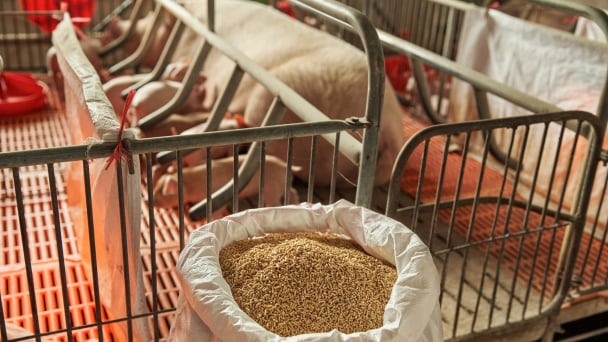
(VAN) CJ Feed&Care officially launched the FCR improvement campaign called “2025 Find Challenge Reach” in April 2025. In Vietnam, this campaign is implemented by CJ Vina Agri.
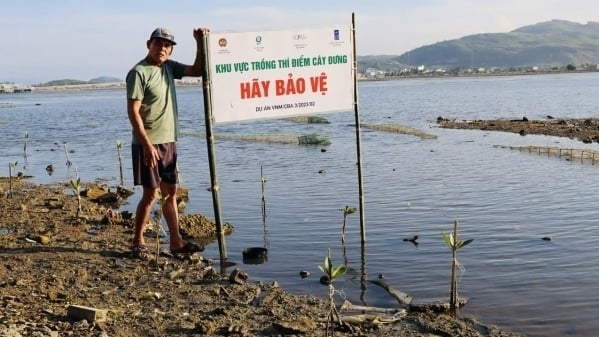
(VAN) The swamp in Pho Thanh is gradually being covered with red mangrove, creating a favorable environment for producing clean, high-quality salt.

(VAN) The trade turnover of agro-forestry-fishery products is growing significantly, along with investment cooperation commitments that are opening up new development directions between Vietnam and Russia.

(VAN) Khanh Hoa is investing over 545 billion VND to develop 240 hectares of high-tech marine aquaculture in order to guarantee a consistent supply of seafood exports and achieve the USD 1 billion target.

(VAN) Minister of Agriculture and Environment Do Duc Duy held a meeting with Soopakij Chearavanont, Chairman of C.P. Group, on May 15.